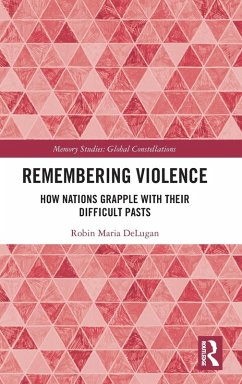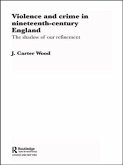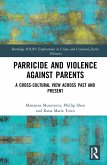This volume examines the ways in which the violent legacies of the twentieth century continue to affect the concept of the nation. Through a study of three societies' commemoration of notorious episodes of 1930s state violence, the author considers the manner in which attention to the state violence authoritarianism, and exclusions of the last century have resulted in challenges to dominant conceptions of the nation. Based on extensive ethnographic research in El Salvador, Spain, and the Dominican Republic, Remembering Violence focuses on new public sites of memory, such as museum exhibitions, monuments, and commemorations - powerful loci for representing ideas about the nation - and explores the responses of various actors - civil society, government, and diasporic citizens - as well as those of UN and other international agencies invested in new nation-building goals. With attention to the ways in which memory practices explain ongoing national exclusions and contemporary efforts to contest them, this book will appeal to scholars across the social sciences and humanities with interests in public memory and commemoration.
Hinweis: Dieser Artikel kann nur an eine deutsche Lieferadresse ausgeliefert werden.
Hinweis: Dieser Artikel kann nur an eine deutsche Lieferadresse ausgeliefert werden.








